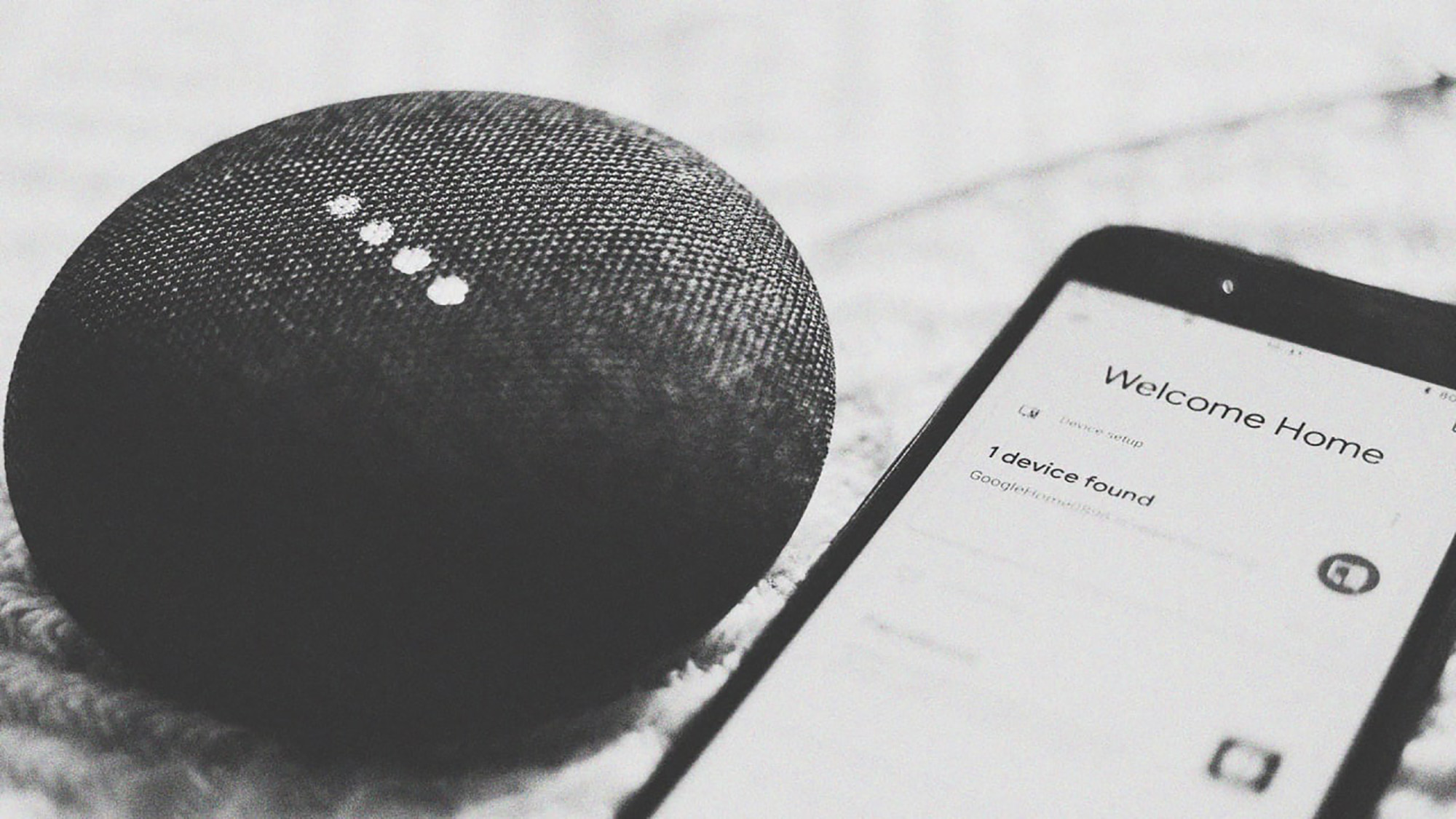Are Your Devices Spying On You?

Are Your Devices Spying On You?
March 28, 2023
From time to time, we have a sinister feeling that our devices, such as our smartphones or laptops, are spying on us. It has certainly happened to you talking with a friend about a product you want to buy, and unexpectedly that same product pops up on your phone as an ad suggestion. When this happens, you probably wonder about the dangers of technology and how it can easily intrude on your privacy.
The revolution of smart technologies stepped into our lives at a pace hard to keep up with, and they came with a cost in terms of intrusiveness and loss of privacy. If we look at the bigger picture, we see that are millions of things sensing us every day, hidden in plain sight.
Smartphones, smart TVs, smart watches, cars, or even lights – these smart devices are present in your house, office, and streets, and they can know more about you than you might imagine.
What is Considered a Smart Device?
Smart devices are everywhere, but Alexa and Google Home might be the first ones to pop into your head when you think about smart devices. A smart device, as the name suggests, is an electronic gadget that is able to connect, share and interact with its user and other smart devices.
A smart device could take the form of a smartphone, speakers, cars, thermostats, refrigerators, door locks, light switches, watches, and keychains, among many others. Also commonly known as the Internet of Things (IoT), these technological devices range from ordinary household objects to sophisticated industrial tools and are designed to make your life easier and automate tasks you perform daily.
What Your Devices Know About You
Smart devices can collect a wide range of data about their users through the device’s settings, but not everyone is conscient about it. We believe that the collection of data is automated by systems and is not accessible by humans, but we can never be sure. In fact, many settings are defined to share data related to product usage with third parties.
While security cameras can collect video and audio information about your daily activities, smart vacuum cleaners are able to recognize objects in your home and map every inch of the house. At the same time, smart lights can track whenever your phone connects to them and let third parties know when you enter your home and when you leave. Still, we don’t even have to go that far: just think that a wi-fi router can easily collect information about users’ whereabouts.
In the news, there were several stories about smart devices invading people’s privacy, such as a particular story about a North American family whose Alexa not only recorded a private conversation but sent the conversation to one of their smartphone contacts.
Smart Devices: An Easy Target For Hackers
Smart devices are convenient in our everyday lives, but they also endangered privacy more than ever. Any private data shared over the internet runs the risk of being shared with third parties for ad purposes and becoming vulnerable to being attacked by hackers anywhere in the world.
However, it’s not just privacy that is a concern when it comes to smart devices: they can also pose a risk to your security. Any device connected to the internet offers a gateway to hackers into your life. In fact, hackers were able to break into Target’s systems, one of the biggest retail corporations in the United States, using the company’s smart thermostats as an entry point.
The problem becomes more serious when hackers have the power to access important information about you or break into a smart speaker or camera to listen and watch all your conversations.
Unfortunately, not everyone is aware or has a complete understanding of what data their smart devices collect and who can access it. Considering the dangers posed by smart devices, governments around the world are taking action to prevent them. In Germany, for example, the sale of smartwatches for children was banned due to the risk of tracking.
How Can You Protect Your Privacy?
After understanding the risks smart devices pose, it is important to take the necessary measures to secure your smart devices as best as you can. So, if you own smart devices, look at how you can minimize the risk of jeopardizing your privacy.
- Review and change the permission settings on your smartphone and disable any data collection that is not related to what you want the device to do to limit unnecessary access.
- Change the camera, microphone, and location service settings in your devices.
- Delete unwanted or unused apps to eliminate potential apps that might be collecting information from you without you knowing.
- Reset the passwords on your internet-connected devices.